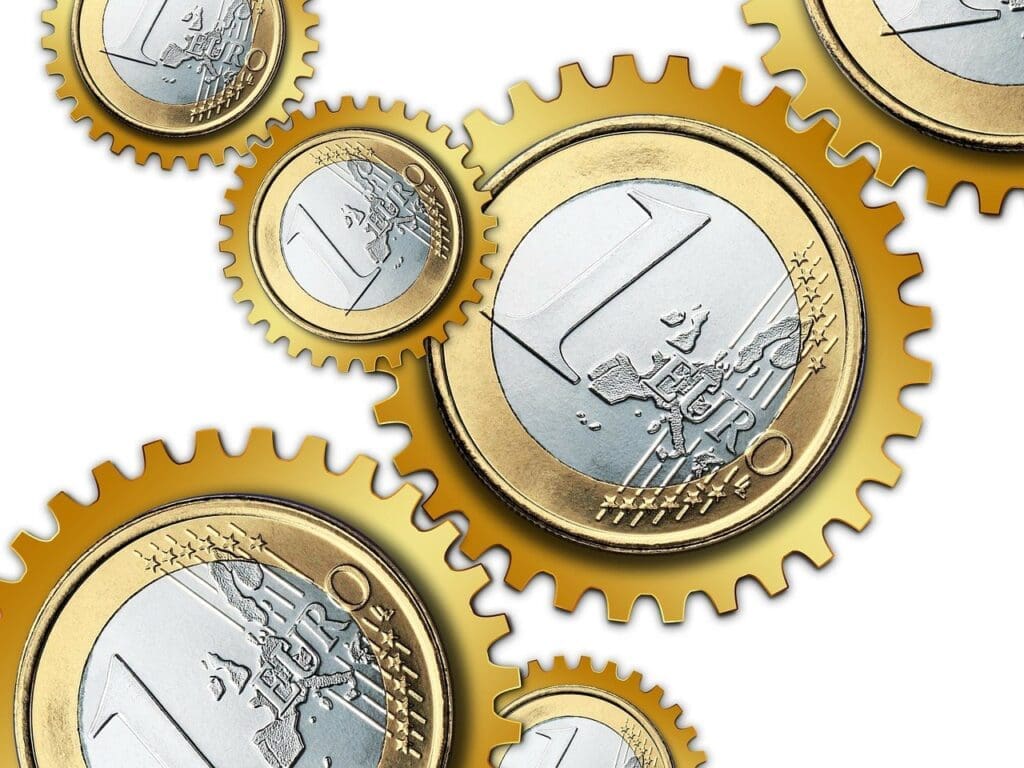Wilhelm Sander Foundation funds innovative cancer research with 1.3 million euros
The Wilhelm Sander Foundation is driving cancer research forward: in the second quarter of 2025, it is supporting seven projects with 1.3 million euros. The funded projects at renowned institutions in Germany and Switzerland focus on therapy resistance, personalized treatments and AI-assisted diagnostics. “Every project is a building block for more effective cancer therapies,” emphasizes Maximilian Habersetzer, Head of Funding. “We promote interdisciplinary and unconventional approaches to change treatment paradigms.”

The projects cover a broad spectrum: Prof. Dr. Anna Dubrovska (University Hospital Dresden) is investigating amino acid transporters in head and neck cancer in order to find new immunotherapeutic targets. Prof. Dr. Mark Andrew Rubin (University of Bern) is researching epigenetic mechanisms in therapy-resistant prostate cancer, while Prof. Dr. Christian Karger (German Cancer Research Center) is developing biomarkers for radiation therapies. Dr. Wibke Bayer (University Hospital Essen) is analysing macrophages in erythroleukemia, and Dr. Anna Brichkina (Philipps University Marburg) is developing capsules for immunotherapy in lung cancer. Prof. Dr. Roland Ullrich (University Hospital Cologne) is investigating immune evasion in small cell lung cancer, and Dr. Lisa Adams (Technical University of Munich) is creating an AI system for multimodal tumor diagnostics.
Since 1975, the foundation has invested over 280 million euros in almost 2,500 projects and is one of the leading private sponsors of cancer research in the German-speaking world. “Our support enables researchers to pursue innovative paths,” says Habersetzer. The foundation, established from the estate of entrepreneur Wilhelm Sander, remains a key partner for scientific excellence.
The articles in the news section are produced by X-Press journalist office
Gender note. The personal designations used in this text always refer equally to female, male and diverse persons. Double/triple references and gendered designations are avoided in favor of better readability. t




